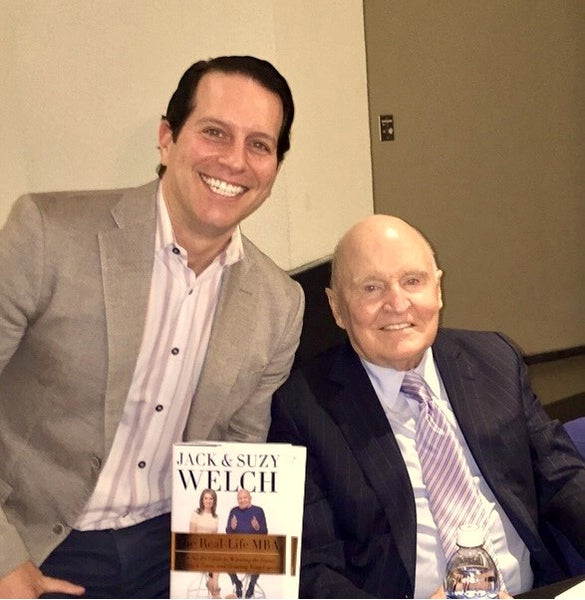Our fascination with artificial intelligence transcends mere technological novelty-it’s a collective awakening to humanity’s capacity for reinvention. As I’ve often reflected, “What makes AI’s future possibilities limitless is AI itself and also our enthusiasm for it.” This dynamic interplay between innovation and human curiosity creates a self-sustaining engine of progress, where each leap forward ignites fresh waves of exploration.
Consider neural networks: once confined to academic papers, these systems now underpin tools we use daily. When your smartphone predicts text or curates a playlist, it’s executing decisions informed by machine learning models refined through global collaboration. Researchers, energized by public anticipation, are now reimagining these systems’ very architecture. Recent advances in few-shot learning allow AI to glean insights from minimal data-a paradigm shift with profound implications for fields like rare disease diagnosis, where labeled medical images are scarce. Meanwhile, the push for explainable AI (XAI) addresses our ethical imperative to demystify algorithmic choices, ensuring accountability in sectors from finance to criminal justice.
This enthusiasm manifests tangibly in global investment trends. Venture capital firms allocated $132 billion to AI startups in 2024 alone, while governments now treat AI infrastructure as critical as transportation networks. The EU’s “AI for Earth” initiative leverages machine learning to optimize renewable energy grids, while startups like Insilco Medicine use generative AI to accelerate drug discovery—reducing development timelines from years to months.
Yet the true power lies in AI’s democratization. Open-source communities now contribute 40% of machine learning advancements, from high school coders prototyping climate models to neuroscientists mapping decision-making pathways. This inclusivity ensures AI evolves not as a distant force, but as an extension of our shared ingenuity.
It is clear today; our role is to channel enthusiasm into ethical stewardship. The tools we build today-whether combating food insecurity through crop-yield algorithms or personalizing education via adaptive tutors-will define tomorrow’s societal landscape. AI isn’t just reshaping industries; it’s amplifying our humanity, one inspired breakthrough at a time.
Editor-in-Chief | Eric Malley – A fractional executive and advocate for human-centric innovation. My work explores the intersection of technology, ethics, and collective problem-solving.










